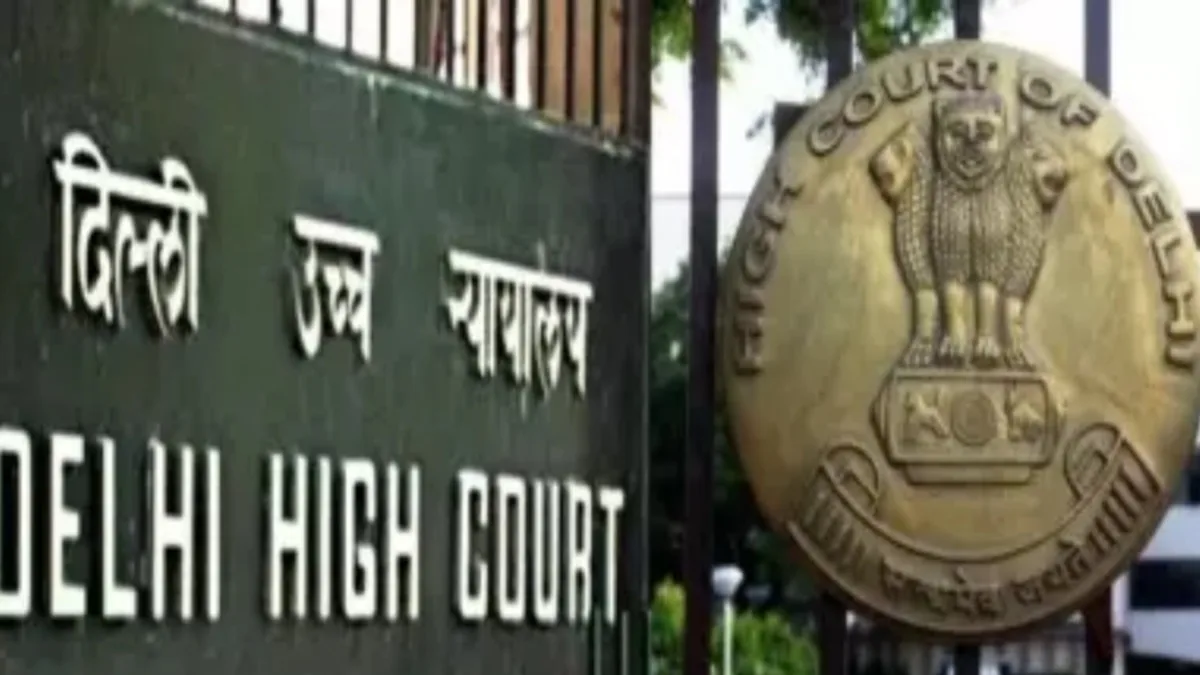New Delhi. The Delhi High Court has said in an important judgment that if the incident of terrorism is provided through social media or digital medium, then the person concerned can be processed under the UAPA Act. A bench of Delhi High Court Justice Subrahmanyam Prasad and Justice Harish Vidyanath Shankar dismissed the bail plea of Arslan Feroz Ahangar on this basis. Arsalan Feroz Ahangar is accused of spreading terrorism ideology through social media.
The National Investigation Agency (NIA) arrested Arsalan on charges of relationship with The Resistance Force (TRF), who carried out terrorist incidents in Jammu and Kashmir. The NIA has accused Arslan of sharing anti -India inflammatory information through the Internet. According to the NIA, Arslan was trying to bring them to radical and terrorist organizations by provoking Feroz Ahngar youth. The Delhi High Court mentioned Section 18 of the UAPA Act and said that if someone works to spread the ideology of terrorism through digital means, a case is made against it. The court said that Section 18 of the UAPA does not seem physically on activities against the country.
In the court, the NIA presented evidence that how Ahangar broadcast photos of terrorists was working to take people towards panic. The court said that such a task under UAPA falls under the category of crime. The bench of the Delhi High Court said that Ahngar has been in jail for four years, but the court does not want to bail him. The court said that Arslan Feroz Ahangar does not fulfill the conditions of bail under UAPA. The court said that if the trial is delayed, then Ahangar can once again apply for bail by making it basis. According to the NIA, Ahangar had formed groups like Gajwat-ul-Hind and Shiku Naiku on social media. He also prepared dozens of g-mail IDs. It was through them that he used to spread terrorist ideology.









